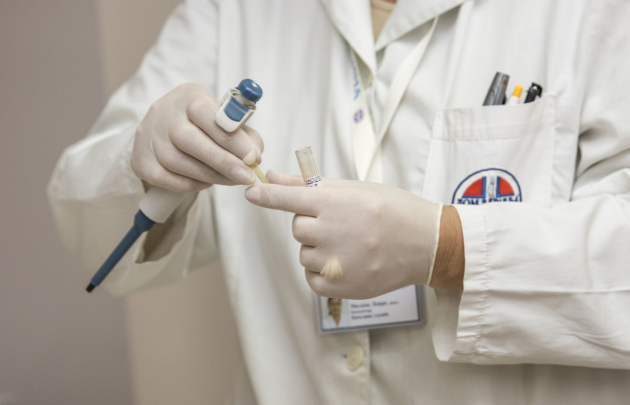
Irish women’s healthcare seriously affected by lack of consultants
Doctors have stated that the lack of consultants in Irish hospitals is having a "serious effect" on Irish women's healthcare.
The Irish Hospital Consultants Association (IHCA) have released figures showing 28,417 women are currently waiting to see a gynaecologist in Ireland.
5,394 women are waiting over 12 months, and there has been a 40 percent increase since 2014 in the number of women waiting to see a consultant gynaecologist nationally.

Gynaecologist and obstetrician Dr Peter Boylan has stated to the Irish Mirror that the problem could be seriously detrimental to Irish women's health.
"Unfilled specialist posts are making it difficult for women to be seen in a timely fashion," he said.
"Our waiting lists for outpatients are among the worst in the world… and that's having a really serious effect on women's health and well-being."
"Our waiting lists for outpatients are among the worst in the world."
There are over 500,000 people on #waitinglists waiting to be seen, many of which are women.
Dr Peter Boylan, Consultant Gynaecologist, discusses how this effects patients health & well-being. #CARECANTWAIT pic.twitter.com/ny1YfDWqd9
— IHCA (@IHCA_IE) August 19, 2019
3,469 women are waiting for the Rotunda Hospital to offer them an appointment with a gynaecologist. 3,148 women are waiting in Tallaght Hospital, and 2,099 are waiting for the Coombe Hospital in Dublin.
Galway University Hospital has 1,898 women waiting, with 1,783 in Letterkenny General Hospital, 1,522 in Portlaoise Hospital and 1,468 in Limerick University Hospital.
The consultant recruitment and retention crisis is a big factor in rising numbers of Irish women now waiting, according to the IHCA.

One-in-five or over 500 of all permanent consultant posts nationally are now empty or only temporarily filled, leading to long periods of wait times to access essential healthcare services.
The IHCA claim that the Government's consistent support for a "failed policy" is resulting in "the unique and extremely damaging" salary cut which consultants appointed since 2012 have been served.
New consultants are being paid up to 51 percent less than their colleagues, despite having some of the same job responsibilities.
Pay parity needs to be restored for new consultants, rather than driving them abroad to countries like Australia who will pay them accordingly.









